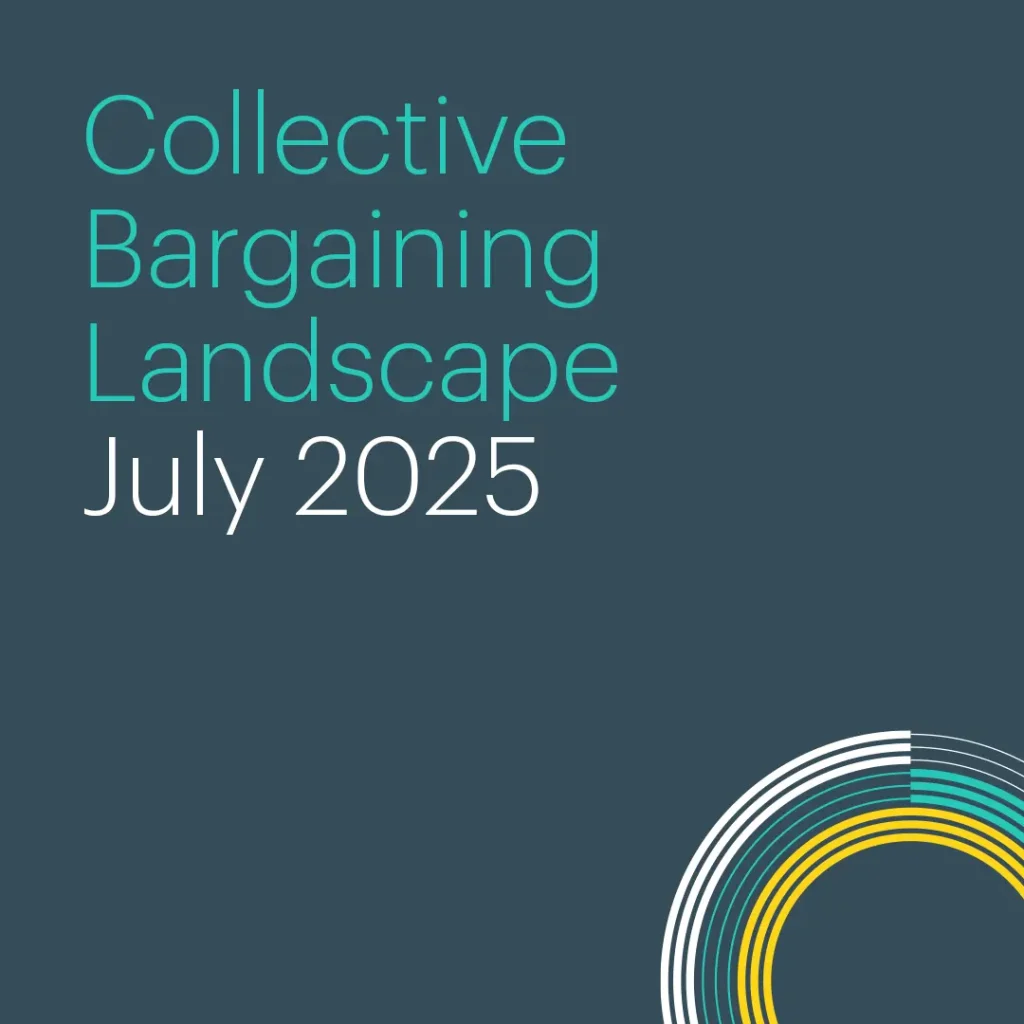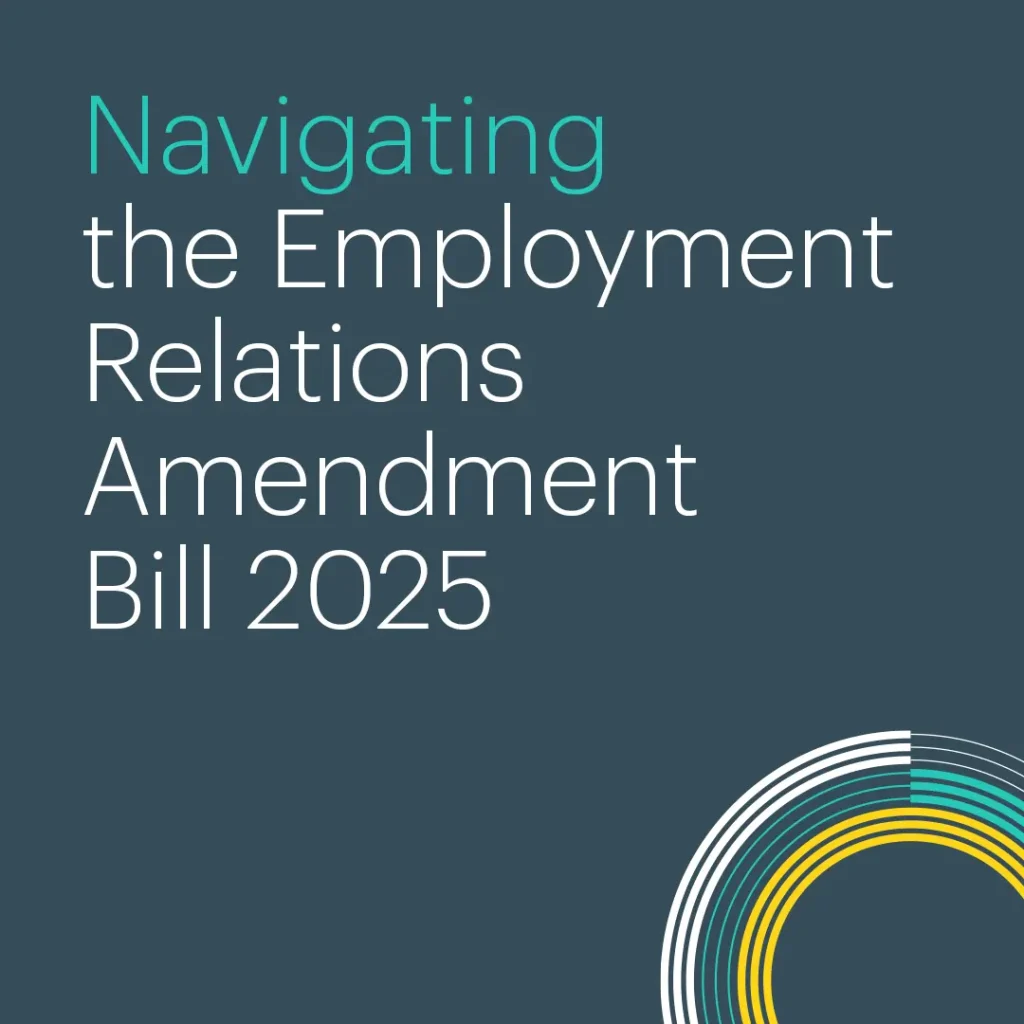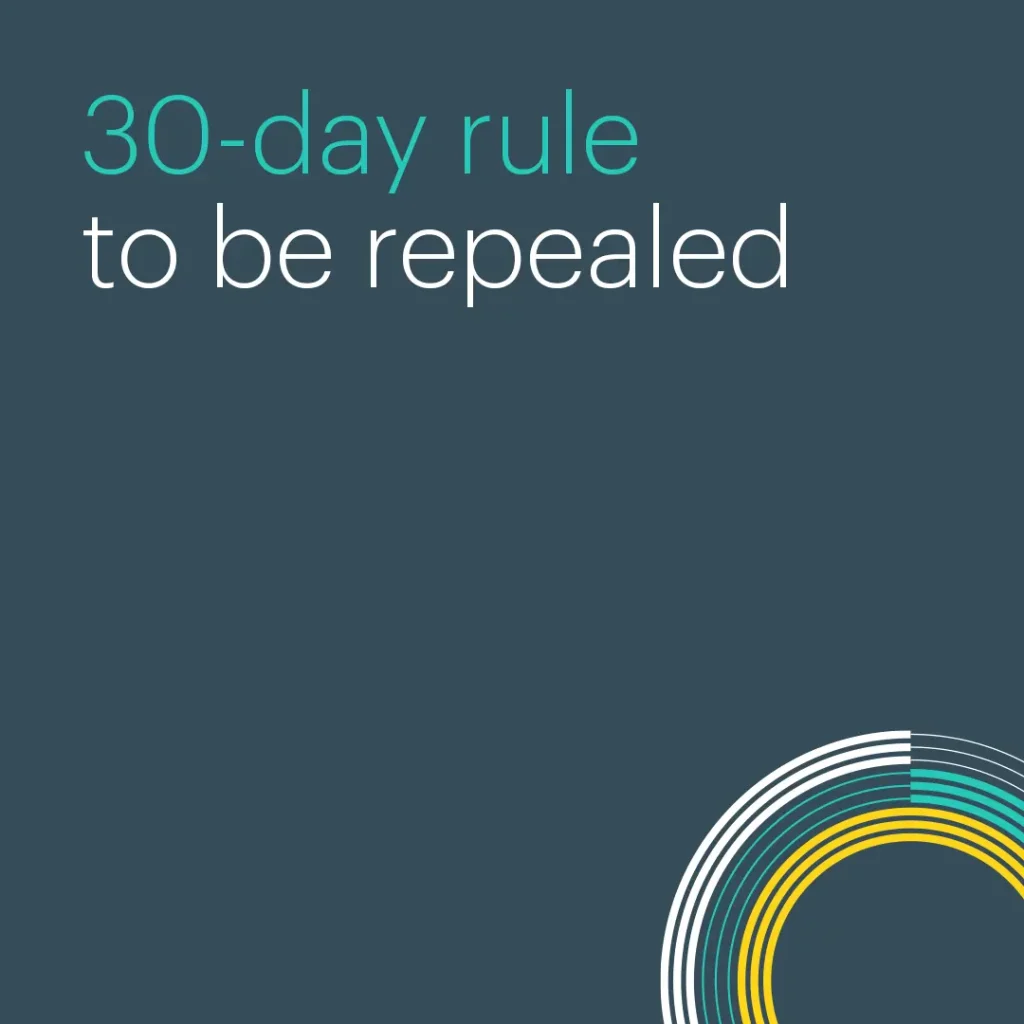2024 offered a dynamic and challenging industrial relations environment in Aotearoa, with bargaining processes showcasing the complexities and opportunities of collective agreements.
Three60 Consult Founder, Paul Diver, reflects on collective bargaining in New Zealand in 2024.
Over the year, I participated in several significant bargaining processes, each offering unique experiences and insights.
Here are three examples:
MECAs – Multi-Employer Collective Agreements
A Multi-Employer Collective Agreement (MECA) sets the minimum terms and conditions of employment for a specific industry.
The unique challenge in this bargaining process is the need to facilitate multiple employers to reach agreement on an offer that can then be put to the Union and its members for consideration.
During 2024, each employer in this bargain had varying fiscal pressures and operating requirements. These competing interests made it challenging to bring a consensus position to the bargain.
National Award Bargaining had an advantage that it was undertaken with the benefit of a Conciliator to chair and provide leadership in the process. By taking a facilitative approach to the bargaining process, an acceptable outcome was reached.
Public Service Pay Adjustment – NZ Police (Constabulary) Collective Agreement
The NZ Police (Constabulary) Collective Agreement bargain played out in the public eye throughout 2023 up to July 2024.
The driving force behind this bargaining process was to bring pay increase uniformity across the State Sector. An obvious benefit would be moderation in pay increases (and therefore lower fiscal pressure). A sign up to PSPA would mean less pressure through industrial action. This approach worked for many state employees. However, the Police Constabulary employees did not ratify the PSPA offer. The election and the establishment of a new Coalition Government created a frustrating 6 month period where no progress was able to be made.
The next development was when Police and the Police Unions moved to bargaining in the first quarter of 2024 ultimately leading to ‘Final Offer Arbitration’ (“FOA”). FOA is a necessary statutory requirement because Police are barred from taking industrial action.
My experience of three recent FOA processes is that it drives an adversarial approach as the outcome is determined by an independent Arbitrator.
FOA may reduce or remove the parties’ bargaining accountability and the ability to bargain fundamental change. There is the reality of “win/lose” for the parties concerned.
While Police Constabulary bargaining is always undertaken with a Mediator chairing the process, a conciliation-style approach could potentially create a better process and outcome rather than jumping to FOA as a back stop.
Facilitated Bargaining – A Conciliation Model
Facilitated Bargaining, available under the Employment Relations Act, involves an Employment Relations Authority (ERA) member working with the parties using a conciliation-style approach. This model is characterised by:
- Minimal caucusing, keeping parties in joint sessions as much as possible,
- an active role for the ERA member, challenging parties to adjust their positions, and
- a focus on joint problem-solving to foster agreement.
In one instance, while the parties couldn’t reach an agreement during facilitated bargaining, the ERA member’s recommendation served as a crucial pathway to ratification. This demonstrated the value of skilled facilitation in guiding parties toward resolution, even when consensus feels out of reach.
Key takeaways
Each bargaining process in 2024 highlighted the importance of tailored approaches to address the specific challenges and dynamics of each situation. Whether through facilitation, conciliation, or arbitration, the industrial landscape continues to evolve, underscoring the need for adaptability, collaboration, and a focus on sustainable outcomes.
As we look ahead, refining bargaining processes to prioritise collaboration and accountability will be essential in navigating the complexities of industrial relations in Aotearoa.
If your organisation requires support around collective agreements in 2025, please get in touch.









